Management experts Karin Hurt and David Dye prescribe giving equal weight to four pillars of sound leadership: “confidence, humility, results and relationships.” This creates a positive work environment and generates long-term results while energizing your employees, recognizing their achievements and fostering their sense of fulfillment. Though the use of the “Winning Well” catchphrase can become repetitious, the authors do a great job of identifying and organizing strong leadership practices, and backing them up with examples, case studies, bullet points and acronyms. getAbstract recommends their manual to business majors and managers at all levels.
A Typical Scenario
Joe’s company tracks metrics, maintains scorecards, and evaluates people, managers and business units from top to bottom. Yet his 600-employee call center ranks last in the corporation. The vice president of operations hammers Joe for this poor performance with frantic hourly calls. Joe feels as if he’s working harder but falling further behind. He presses his people to succeed, but he isn’t happy about upsetting them. Faced with this common dynamic, many managers give up or disengage. Nearly two-thirds of Americans report feeling disengaged from their work.
“Winning Well”
The Winning Well management model doesn’t require coercing people to perform for short-term results. Instead, it offers a formula for “sustaining excellent performance over time” in a positive work environment. Winning Well rests on a foundation of four principles: “confidence, humility, results and relationships.”
Confidence comes from knowing your strengths and talents and understanding how they enable you to make a positive contribution. When you believe in your abilities, you can do a better job of giving and receiving feedback because you know you can handle ...
Karin Hurt, the CEO of Let’s Grow Leaders, is a leadership expert, speaker and consultant. David Dye is the president of Trailblaze, a leadership training and consulting firm.









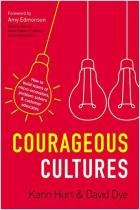
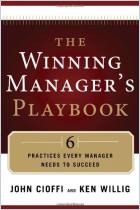

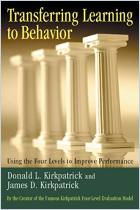
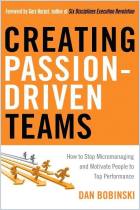
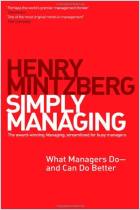
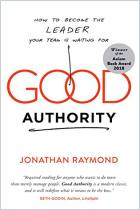



Comment on this summary